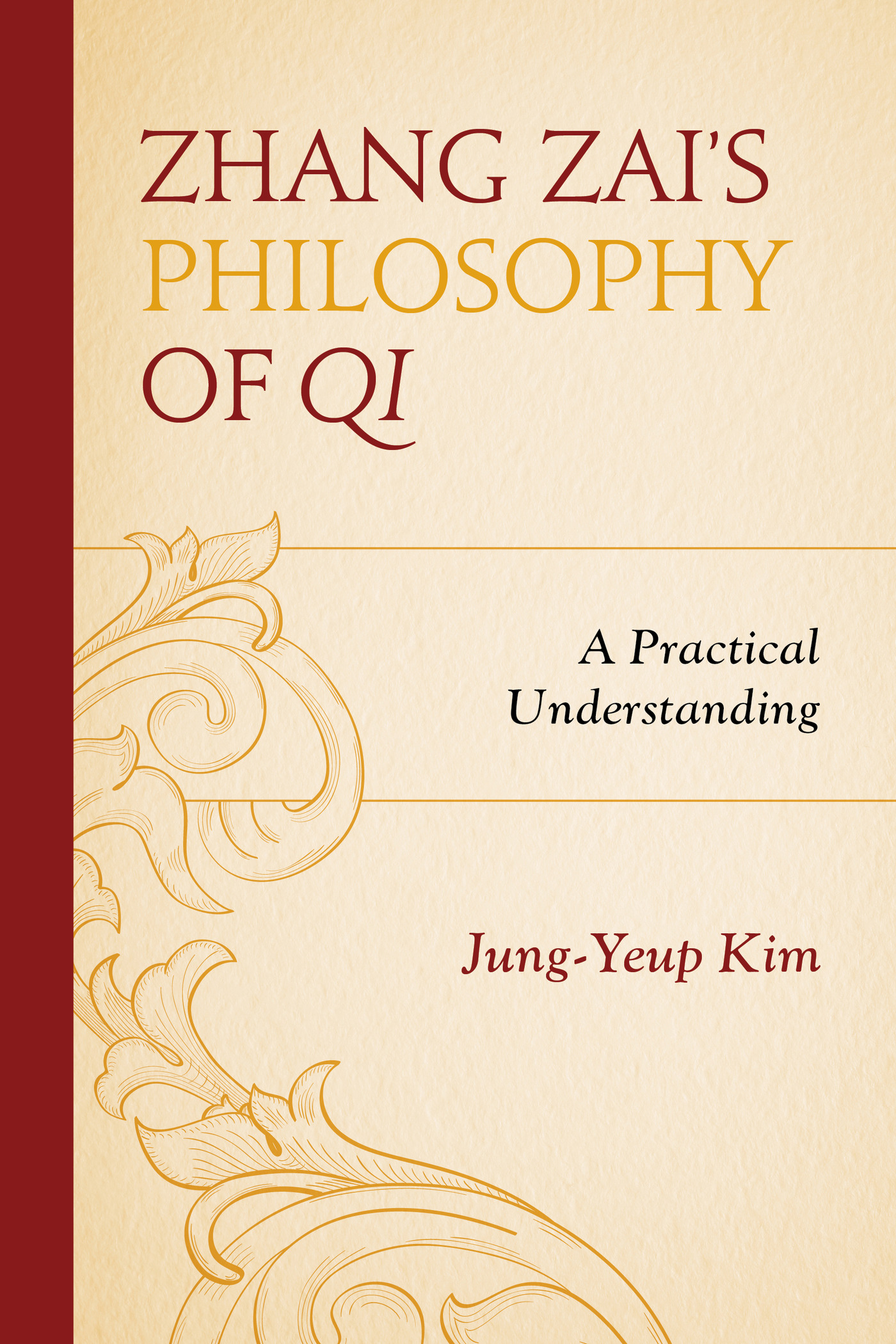Zhang Zais Philosophy of Qi
Zhang Zais Philosophy of Qi
A Practical Understanding
Jung-Yeup Kim
LEXINGTON BOOKS
Lanham Boulder New York London
Published by Lexington Books
An imprint of The Rowman & Littlefield Publishing Group, Inc.
4501 Forbes Boulevard, Suite 200, Lanham, Maryland 20706
www.rowman.com
Unit A, Whitacre Mews, 26-34 Stannary Street, London SE11 4AB
Copyright 2015 by Lexington Books
All rights reserved. No part of this book may be reproduced in any form or by any electronic or mechanical means, including information storage and retrieval systems, without written permission from the publisher, except by a reviewer who may quote passages in a review.
British Library Cataloguing in Publication Information Available
Library of Congress Cataloging-in-Publication Data
Kim, Jung-Yeup, 1973
Zhang Zai's philosophy of qi : a practical understanding / Jung-Yeup Kim.
pages cm.
Based on the author's thesis (Ph.D.--University of Hawaii at Manoa).
Includes bibliographical references and index.
ISBN 978-0-7391-9236-8 (cloth) -- ISBN 978-0-7391-9237-5 (electronic)
1. Zhang, Zai, 1020-1077. 2. Qi (Chinese philosophy) 3. Philosophy, Chinese--960-1644. I. Title.
B128.C314K56 2015
181'.112--dc23
2014048422
 TM The paper used in this publication meets the minimum requirements of American National Standard for Information Sciences Permanence of Paper for Printed Library Materials, ANSI/NISO Z39.48-1992.
TM The paper used in this publication meets the minimum requirements of American National Standard for Information Sciences Permanence of Paper for Printed Library Materials, ANSI/NISO Z39.48-1992.
Printed in the United States of America
Acknowledgements
To begin, I would like to express my special thanks to my advisor, Professor Roger T. Ames. His groundbreaking scholarship has provided me with a conceptual field in which my project on Zhang Zais philosophy of qi could develop into a meaningful position. I am indebted to the invaluable insights that were given to me by Professors Cheng Chungying, Mary Tiles, James Tiles, and David McCraw when beginning this task as a doctoral dissertation.
I must convey my thanks to my teachers at Sungkyunkwan University, Professors Yi Dong-Jun, Choi Il-Beom, and Choi Young-Jin. They supplied me with an invaluable education in the classics of Confucianism, which would serve as the foundations for subsequent research.
Professor Lee Kwang-Sae was my mentor at Kent State University before he passed away in 2012. I am grateful for his wisdom and scholarship that he shared with me. I would like to express my heartfelt thanks to Professor David Odell-Scott for his unyielding support and guidance, without which I could not have finished the book. I sincerely thank Professor Polycarp Ikuenobe for his help and for sharing his positive energy with me at all times. I would also like to express my gratitude to Professor Frank Ryan, who always had the time to share his seasoned perspectives on the philosophy of John Dewey with me.
I am grateful to Lexington Books for publishing my work. I would also like to thank Jana Hodges-Kluck and Kari Waters for their efficient help.
I am fortunate to be situated in a great community of scholars of Asian and comparative philosophy. I am thankful to those whom I have had the opportunity to meet and discuss my lifelong research project on the philosophy of qi at various national and international conferences. Especially, I am indebted to all researchers of Zhang Zai. Without their works, my efforts would not have been possible.
Finally, I thank the following journals for reprint permissions:
An earlier version of chapter three was published in Asian Philosophy: An International Journal of the Philosophical Traditions of the East 20:2, (July 2010): 111126, under the title A Revisionist Understanding of Zhang Zai's Philosophy of Qi in the Context of His Critique of the Buddhist. This journal and others can be found at www.tandfonline.com.
An earlier version of chapter seven was published in Acta Koreana 13:2 (December 2010): 6373, under the title S Kyngdks Philosophy of Ki: Continuity, Wholeness, and Dynamism.
Introduction
This book will be of interest to those who feel that there is a need to promote a proper understanding of traditional Eastern ways of thought that have been misunderstood or not been considered seriously in contemporary times. Amongst such Eastern traditions of thought, I focus on that of China. More specifically, I investigate the neo-Confucian philosopher Zhang Zais understanding of qi , that is, vital energy.
Chapter 1 introduces the purpose of this investigation, the significance of Zhang Zai within neo-Confucianism, and the organization of his major work Rectifying the Ignorant (Zhengmeng ). The objective of this inquiry is to understand how qi (vital energy) simultaneously accounts for plurality and unity within the worldview of the neo-Confucian philosopher Zhang Zai by focusing on his practical arguments against the Buddhist and the ordinary person. Zhang Zais practical message emphasizes the endeavor to create meaningful coherence amongst our differences, through mutual communication and transformation, without recourse to a realm of oneness that transcends our differences. I argue that Zhang Zais development of qi is an endeavor to provide further coherence to this practical motif.
In a survey of contemporary scholarship on Zhang Zai, I observe that the vast majority of scholars implicitly or explicitly interpret Zhang Zais understanding of qi through a substance monism, a notion rooted in ancient Greek philosophy. In this interpretation of qi, it is assumed that the myriad entities and dimensions of this world are simultaneously differentiated and unified, or many and one, in that they are but different manifestations of a singular substance (i.e., qi), which they all really are. I argue that this not only distorts the logic of Zhang Zais understanding of qi, but also its practical implications. In the following chapters, I show that Zhang Zai develops the notion of qi through the notions of polarity, correlativity, and organic unity, which I argue implies an organic pluralism, not a substance monism.
In framing my argument, I appropriate Tang Junyis insight that Zhang Zais development of qi has two dimensions to it, namely, the vertical and horizontal. Based upon this, I show that Zhang Zais vertical and horizontal developments of qi are efforts to bring further coherence to his practical arguments against the Buddhist and the ordinary person, respectively.
Next, Zhang Zais significance within the neo-Confucian period is examined. I claim that Zhang Zais importance has been undervalued by many scholars influenced by Zhu Xi. I further argue that an alternative contextualization of Zhang Zais thoughts will allow his significance within the neo-Confucian period to be more properly appreciated. Finally, I present the organization of the text Rectifying the Ignorant (Zhengmeng ), Zhang Zais most important work, and explain my approach to it in this investigation.
Chapter 2 examines Zhang Zais practical argument on which his vertical development of qi, which will be investigated in chapter 3, is based upon, namely, his critique of the escapist attitude of the Buddhist. The chapter begins with a philosophical exegesis of Zhang Zais understanding of cheng . I argue that cheng is best defined as creativity understood as the capacity of the myriad things, including humans, to resonate with one another. Also, for him,
Next page
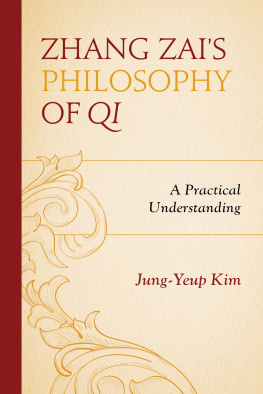

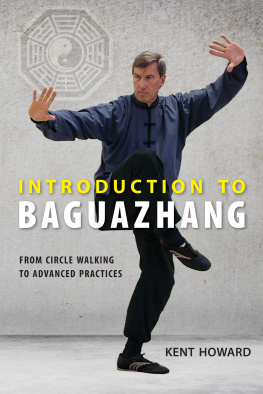
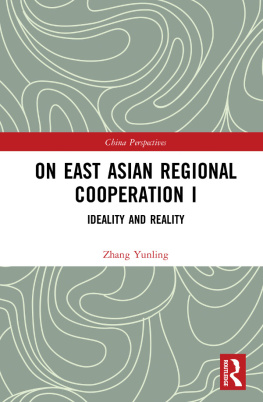


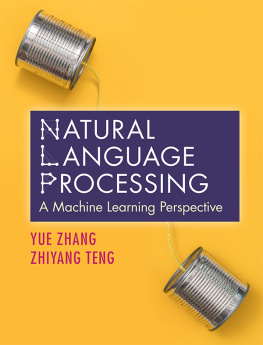
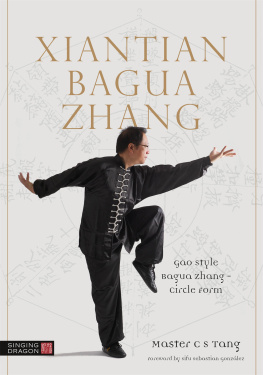
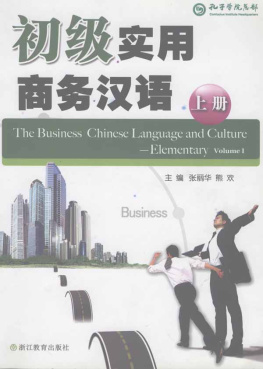
![Zhang Gongzhe [张公者] - Contemporary Chinese Calligraphy [当代中国书法]](/uploads/posts/book/126572/thumbs/zhang-gongzhe-contemporary-chinese.jpg)
 TM The paper used in this publication meets the minimum requirements of American National Standard for Information Sciences Permanence of Paper for Printed Library Materials, ANSI/NISO Z39.48-1992.
TM The paper used in this publication meets the minimum requirements of American National Standard for Information Sciences Permanence of Paper for Printed Library Materials, ANSI/NISO Z39.48-1992.